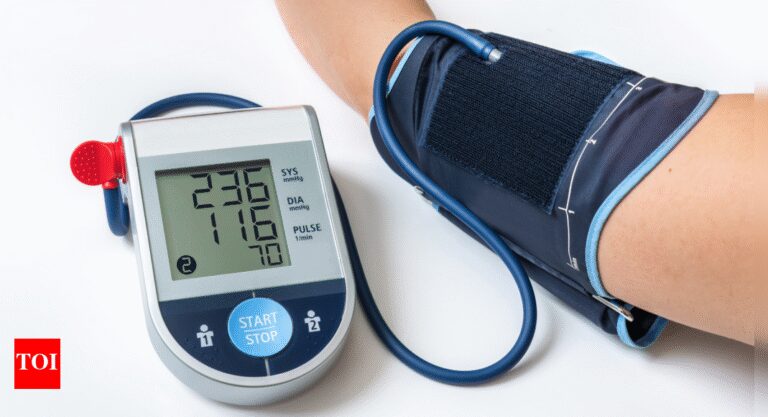
Intermittent fasting (IF) is an effective method for improving metabolic function and promoting weight loss. Nevertheless, in the case of individuals with insulin resistance, IF is not always guaranteed to show the desired effect. Wellness expert and best-selling author Dr. Eric Berg explains that insulin resistance can significantly reduce the effectiveness of intermittent fasting by preventing the body from efficiently switching into fat-burning mode.Here’s why:
Too many carbs

The intake of carbohydrates throughout the day, although may provide energy, results in continuous insulin spikes. Even in the eating periods, where one takes high-carbohydrate foods, they keep the level of insulin higher and do not allow the body to go into fat-burning mode. Dr. Berg repeats, emphasizing reducing the rate of carbohydrate consumption for increasing the sensitivity of insulin.
Shorter period of fasting
Short fasts might not be long enough to decrease insulin levels. Dr. Berg recommends fasting longer, for example, 18 hours, in an effort to achieve optimal improvement in insulin sensitivity. The more extended fasting duration enables the body to burn stored fat as fuel and thus facilitates weight loss and better metabolic function.
Insufficient nutrient-rich diet

While IF is all about when you eat, what you eat during eating times matters equally. Eating nutrient-dense foods is capable of supporting metabolic health and augmenting the effects of fasting. Dr. Berg recommends high-fat, moderate-protein, low-carbohydrate diets to maximize insulin sensitivity.
Stress-induced cortisol release and its effects
Stress causes a cortisol surge that can raise blood sugar and insulin. Imbalance of hormones can worsen insulin resistance. Dr. Berg emphasizes managing stress with relaxation techniques, proper sleep, and physical exercise to enhance insulin sensitivity.
Already existing health conditions

Illnesses like fatty liver can disrupt the liver’s ability to process blood sugar, leading to insulin resistance. Dr. Berg asserts that healing from fundamental health conditions is essential to boost insulin sensitivity and ensure maximum efficacy of IF.
Treatment of Insulin resistance for successful intermittent fasting
In order to maximize the effectiveness of intermittent fasting, Dr. Berg advises the following measures:Diet should be a low-carb one, high-fat: Decreasing the intake of carbs and increasing that of healthy fats can improve the level of insulin sensitivity in the body.Extend fasting duration: If one extends their fasting duration for upto 18 hours, it could cause fat burning and improve overall metabolic healthDecrease stress: Adding stress-reducing activities can regulate cortisol levels and improve insulin sensitivity.Treat underlying health conditions: Resolving conditions such as fatty liver, might improve liver function and thereby enhance insulin sensitivityMonitor nutrient consumption: Maintaining a constant intake of nutrients supports a healthy metabolism.The application of these measures allows for one with insulin resistance to improve efficacy when fasting on alternate days and improve overall well-being.







